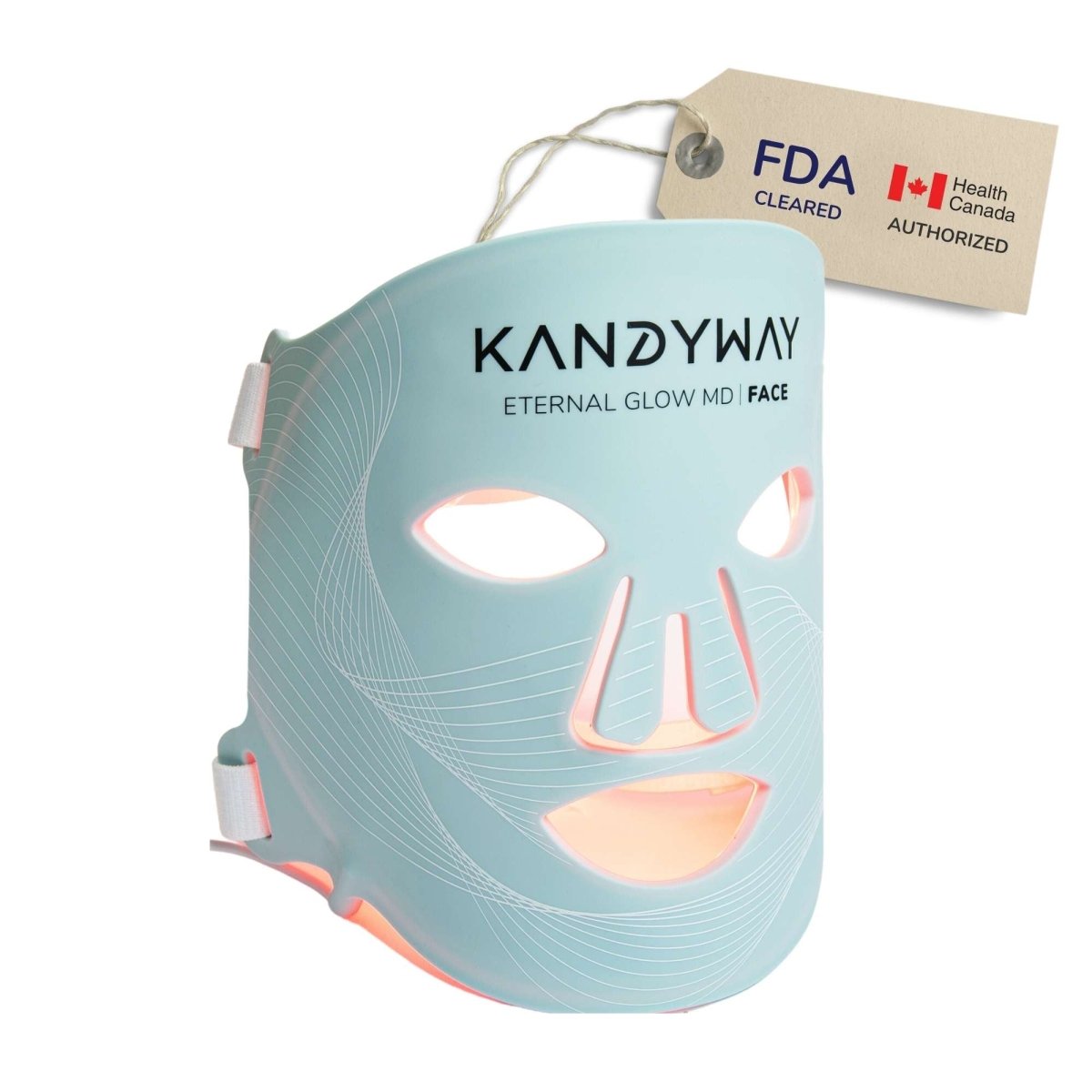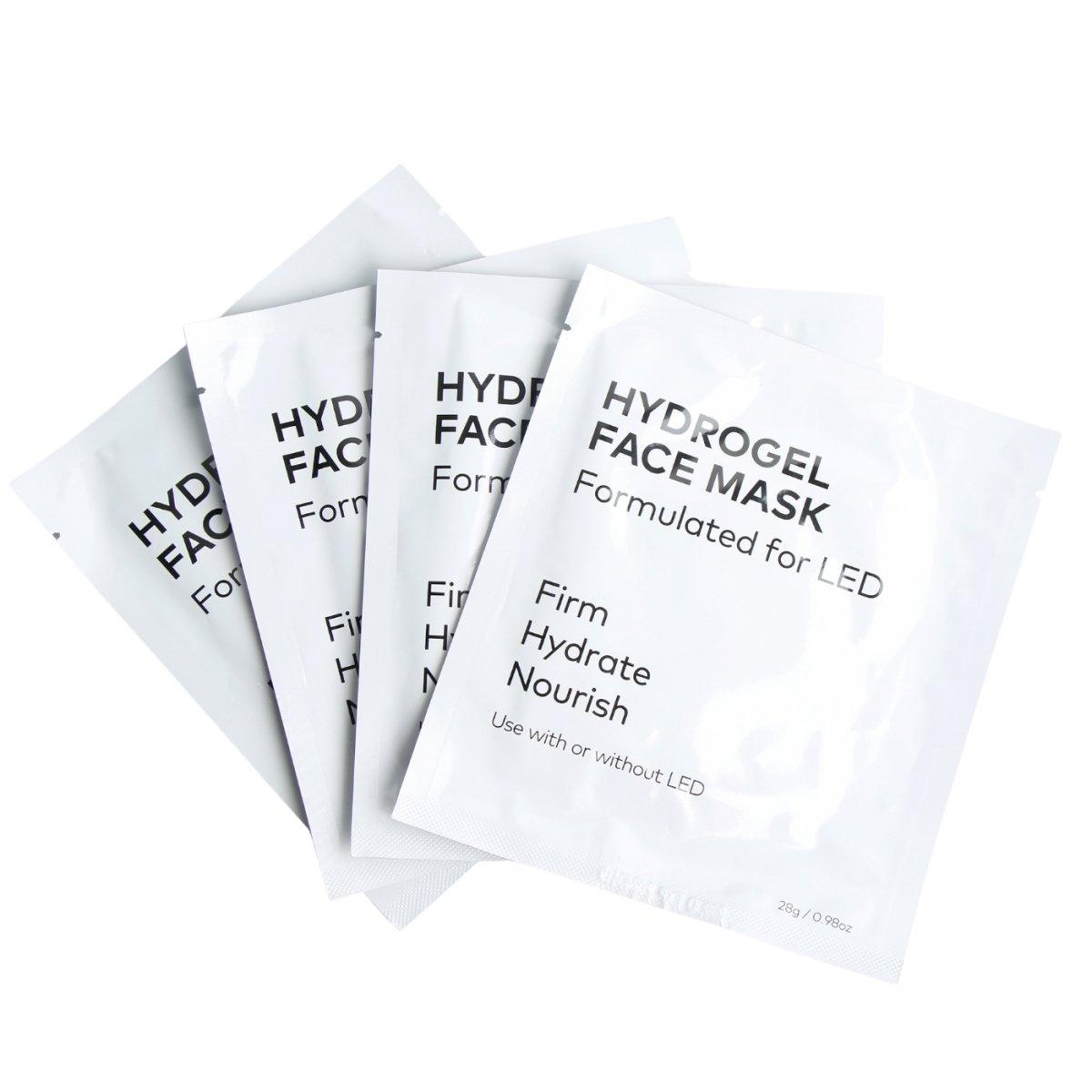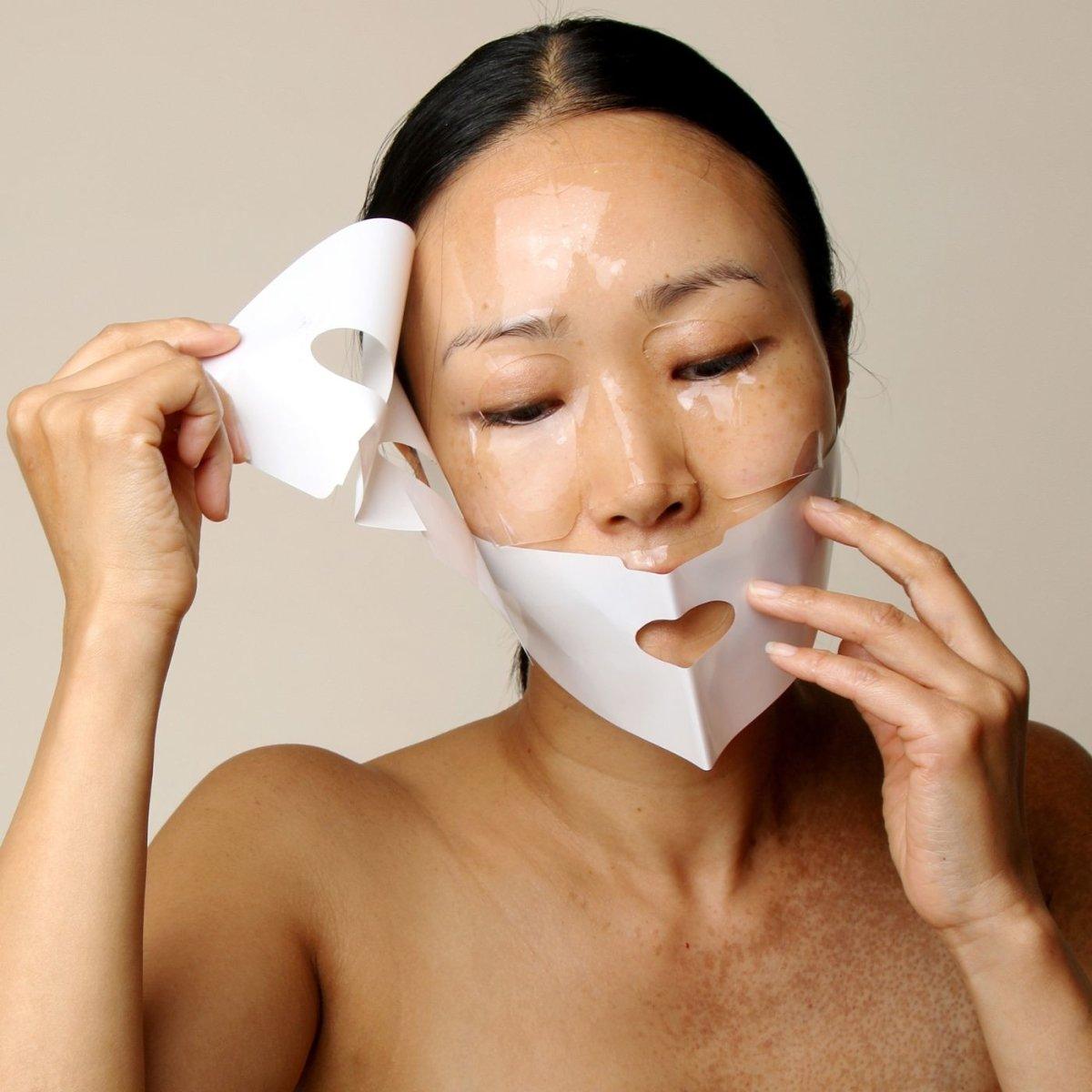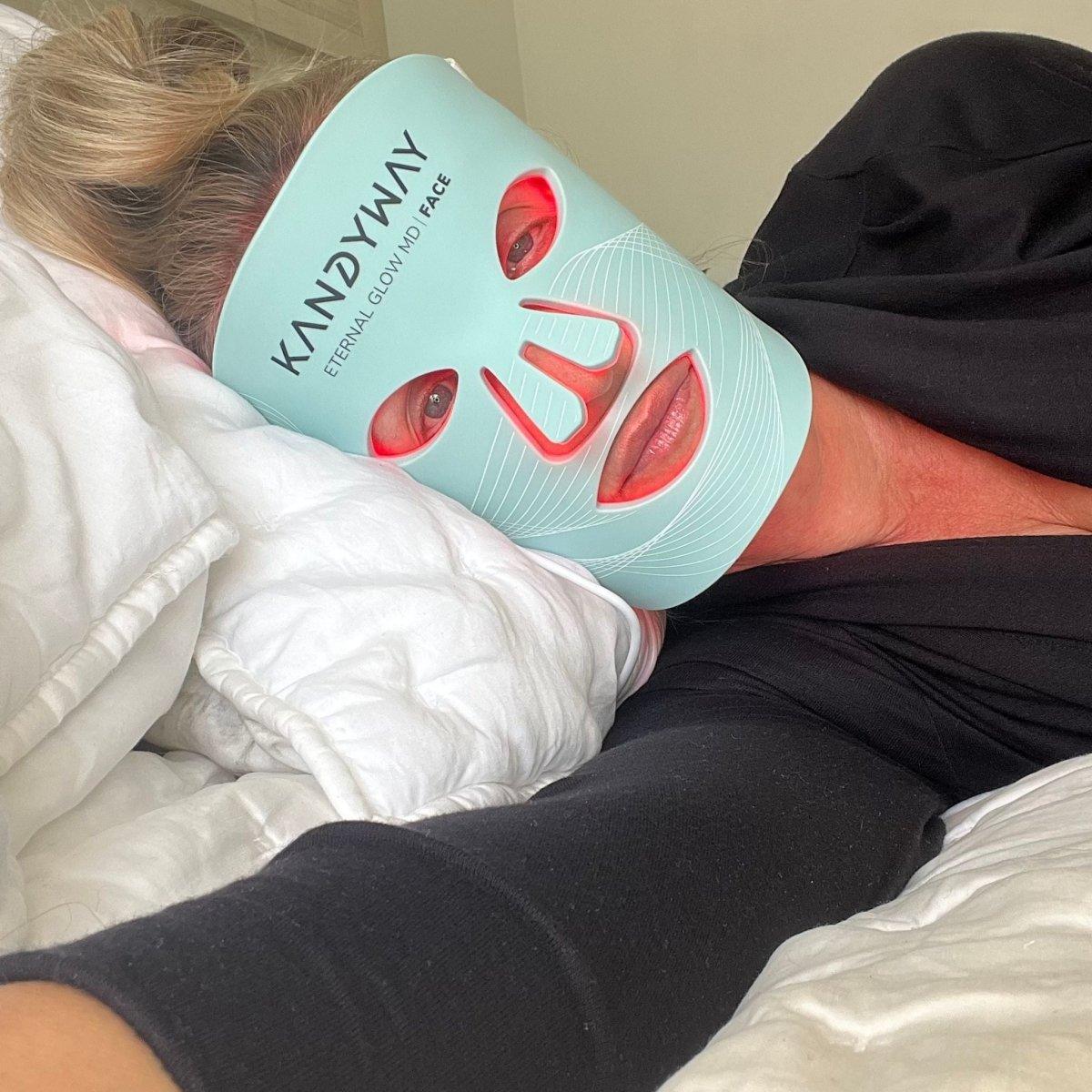Aging is a natural process of life. But it doesn't mean that we have to suffer from it. This article aims to give tips on keeping our skin healthy at every stage of our lives so that as we age, our skin will still be beautiful and free of signs of aging.
Understanding how skin ages and the signs of aging

If you haven't already, it's time to understand what aging skin is and how to prevent it from happening.
Skin ages in different ways depending on your age and genetic makeup. However, there are common signs of premature aging that all adults may experience at some point in their lives. These include:
- wrinkles around the eyes and mouth
- uneven pigmentation (lighter or darker areas) on the face, neck, or hands
- age spots (brown imperfections that appear as a result of sun damage)
Sagging skin dehydration that results in dry, scaly patches of skin, loss of elasticity and firmness in certain areas (usually around the eyes)
The first signs of premature aging appear as fine lines and wrinkles around the eyes, mouth, and forehead. These are caused by sun damage, smoking, and genetics. As we get older, our skin loses its elasticity and firmness. This makes our face and neck skin sag.
We can keep our skin healthy with some proper care.
The best way to keep your skin healthy is to use a good cleanser, moisturizer, and sunscreen daily. For most people, a simple cleaner will do the trick. But people with sensitive or dry skin may need a gentle foaming cleanser or an exfoliating scrub on top of their regular cleansing routine. An excellent moisturizer should be applied after cleansing your face at night, before applying makeup in the morning, and at lunchtime, if needed (or as often as your doctor recommends).
It's also essential to wear sunscreen every day, rain or shine. Sunscreen protects your skin from UV rays, which can cause it to age faster and even cause skin cancer. Sunscreen doesn't have to be expensive; many drugstore brands make effective options for under $20 per bottle!
How to treat dry skin

- Moisturize daily. It's essential to moisturize your skin daily, especially if you suffer from dry skin.
- Use a humidifier in the room and the bathroom. Dry air can make your skin more vulnerable to damage, so a humidifier will help keep it healthy and hydrated.
- Use a humidifier in the car and at work. Even if you don't reside in a place with low humidity, public transportation or office buildings may have few steam vents to remove moisture. Everyone who utilizes these rooms, not just those who live or work there, will benefit from a modest portable humidifier.
How to treat sun-damaged skin

- Use a broad-spectrum, water-resistant sunscreen with an SPF of 30 or higher daily, even on cloudy days. Choose a sunscreen that blocks both UVA and UVB rays.
- Apply sunscreen to dry skin for at least 15 minutes before going outside. Reapply sunscreen after swimming or excessive sweating. Remember to use enough; the average bottle will last about the same time as you would spend outdoors under normal conditions – about 2 hours for fair skin types and 3 hours for darker skin types.
How to treat oily and acne-prone skin

- Use an oil-free, non-comedogenic cleanser.
- Use a product that contains benzoyl peroxide or salicylic acid for acne treatment.
- Use an alcohol-free toner to reduce the appearance of pores and balance oil production.
- Moisturize with an oil-free moisturizer to control shine without clogging pores or causing breakouts. A good rule of thumb is that if you can feel it on your face after application, it's too heavy for oily skin and should be avoided (even if it's "non-comedogenic").
- I'm sure you've heard this one before: If a little is good, then more must be better—not true when it comes to exfoliation! Don't scrub away at your face; instead, opt for gentle polishing devices like Clarisonic brushes which don't irritate the skin or cause micro-tears in the outermost layer (especially important as we age).
Skincare tips for your 20s

In your 20s, you might still feel like an adolescent, but you are entering a new life phase. As a result, your skin is changing, and so are your needs. You may have heard about the 10-step Korean skincare routine, but it is not for everyone.
In your 20s and 30s, you must continue using gentle cleansers to keep your skin clean. It would help if you also used a moisturizer daily.
You should also make sure that you're wearing sunscreen every day. This will help protect your skin from sun damage and premature aging.
Skincare tips for your 30s

In your 30s, it's essential to be proactive about anti-aging. While many of us may have been taught that our 20s were the time to get wild, there are other things we can do at this age that will help keep us looking young and fresh.
The 30s are a tricky decade for women. It's the decade when your skin can start to show signs of aging. Unfortunately, it's also the decade when most women get married and start families.
Here are some great skincare tips to keep in mind as you enter your 30s:
- Use sunscreen every day and often reapply, especially during the summer months. Sun damage is cumulative, so protect yourself from the sun's rays by wearing sun protection whenever you're outside. If you're going to be out in the sun all day, use a moisturizer with SPF 30 or higher and reapply it every two hours.
- Wear moisturizers with anti-aging ingredients like retinol or alpha hydroxy acids. These ingredients help stimulate collagen production and fight hyperpigmentation (dark spots). Look for moisturizers that contain these ingredients in their active ingredients list if you want to see results fast!
- Moisturize at night before going to sleep and after showering in the morning to keep your skin hydrated and soft. You don't have to spend much money on expensive products; many drugstore options work just fine!
Skincare tips for your 40s and 50s

You are in your 40s and 50s, and you must take more care of your skin. Your skin is aging, and you have to take care of it.
The 40s and 50s are a time of transition in a woman's life. She's not as young as she used to be and not quite old yet. As a result, her skin is changing too—and she may be left wondering what she should do about it. The skin is thinner and drier, so it's essential to use gentle products that won't irritate it.
The best skincare tips for your 40s are simple and easy to follow, but they'll make a difference in how you look and feel. Here are a few tips that will help keep your skin looking its best:
- Apply sunscreen every day and reapply as needed.
- Don't forget to wear sunglasses when you're outside during the day or even driving at night if there are street lights nearby!
- Please keep your hands moisturized with hand cream or lotion throughout the day, especially after washing them with soap or hand sanitizer, which can dry out your hands quickly!
- Try using gentle cleansers on your face instead of harsh soaps or scrubs that can irritate sensitive skin; try a mild toner after cleansing for added hydration; use a moisturizer with SPF protection throughout the day (a good option is tinted moisturizer with SPF); don't pick at blemishes because this will cause scarring over time.
Skincare tips for your 60s and 70s

As we age, our skin changes. It becomes thinner, drier, and less flexible; the production of elastin and collagen slows down. As a result, our skin loses elasticity, wrinkling more easily. We may also experience an increase in sensitivity or dryness.
If you're 60 or older, your skin is in a delicate stage. It's thinner and more fragile than it used to be, which means it can be easily damaged by the sun and other environmental factors. In addition to that, the skin becomes more sensitive to irritation as we age. As a result, signs of aging become more prominent in our 60s and 70s—wrinkles around the eyes, forehead lines, loose sagging skin on the cheeks, and jawline areas.
If you're noticing wrinkles around your eyes or mouth, or if you've started to get concerned about your skin's appearance, don't worry! You're not alone — these are common concerns for people of all ages.
Here are some skincare tips for your 60s and 70s:
- Use sunscreen every day.
- Even though UVA rays cause the most aging effects on the skin, UVB rays can still damage your skin over time. So use broad-spectrum sunscreen with an SPF of at least 30 every day—even if you plan to stay indoors all day to protect yourself from UVA and UVB rays. Apply sunscreen 15 minutes before going out into the sun, and reapply every two hours or after swimming or sweating a lot.
- Daily moisturizing keeps skin hydrated so it doesn't dry out rapidly in cold, wind, or air conditioning.
Conclusion
While you might think that there's not a lot you can do as you get older to keep your skin looking as healthy and youthful as possible, that's not the case. You don't have to resign yourself to wrinkles. Instead, you can do plenty of things to stay on top of any problems and ensure that you stay looking and feeling good.










